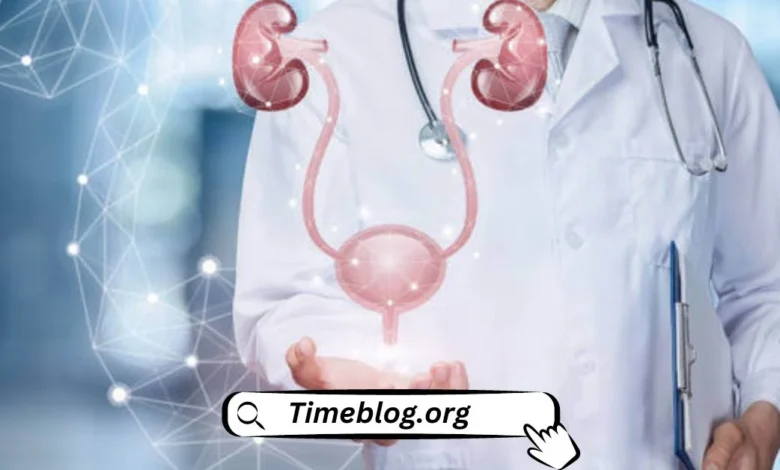Common Conditions Treated by Urologists

Urologists are medical professionals that specialize in diagnosing and treating urinary system conditions. The urinary system includes the bladder, kidneys, ureters, and urethra. The specialist also treats conditions affecting adrenal glands and the reproductive system. You should visit your Murray Hill urologist if you have trouble urinating, changes in urination, infertility, and difficulties getting or keeping an erection. All urologists are trained as surgeons, but some may practice without performing surgeries. Here are common conditions treated by urologists.
Benign prostatic hyperplasia
Benign prostatic hyperplasia (BPH) is a condition where your prostate enlarges. The prostate is a small gland below your bladder that helps make semen. BPH more often develops as you age. An enlarged prostate can lead to frequent urination, peeing more often at night, trouble starting to pee, inability to fully empty your bladder, and a weak urine stream. Depending on your symptoms, your urologist can recommend medications, laser therapy, transurethral resection of the prostate, or surgery.
Erectile dysfunction
Erectile dysfunction is the inability to get an erection or keep it firm enough for sexual intercourse. You may also have reduced sexual desire. In most cases, erectile dysfunction is a sign of an underlying health condition. Vascular disorders, mental health issues, stress, trauma, and medical problems are common causes of erectile dysfunction. Treatment for erectile dysfunction may include medications, injections, penis devices, exercise, and psychological counseling.
Kidney stones
Kidney stones are hard deposits that form inside your kidneys, consisting of minerals. They often form when minerals in the urine crystallize and stick to each other. Diet, excess weight, certain medical conditions, and some medications are common causes of kidney stones. Kidney stones do not often cause symptoms until they have moved around your kidneys or passed into the ureter. A kidney stone in the ureter can block urine flow and cause the kidney to swell or ureter spasm. Depending on the size of your stones and the severity of your symptoms, your doctor can recommend medications, shockwave therapy, or surgery.
Prostate cancer
In the early stages, prostate cancer may not cause symptoms. In advanced stages, it may cause trouble urinating, reduced force in the urine stream, blood in urine and semen, bone pain, weight loss, and erectile dysfunction. Depending on the stage of your prostate cancer, your specialist can recommend radiation therapy, chemotherapy, targeted drug therapy, immunotherapy, or surgery.
Post-vasectomy pain syndrome
A vasectomy is a form of male birth control that blocks sperm supply to the semen. The procedure has low risks of complications, but some men develop post-vasectomy pain syndrome (PVPS). PVPS involves chronic pain in one or both of your testicles that persists three months after vasectomy. The problem can result from infection, nerve compression, scar tissue, or back pressure. Your urologist can recommend medications, physical therapy, nerve block, or surgery based on the extent of your symptoms.
Urologists diagnose and treat conditions affecting your urinary, adrenal glands, and reproductive systems. Common conditions treated by urologists include benign prostatic hyperplasia, erectile dysfunction, prostate cancer, kidney stones, and post-vasectomy pain syndrome. Schedule an appointment with Urologist: Michael Rotman, MD, to treat your urinary system issues with trained and experienced urologists.




